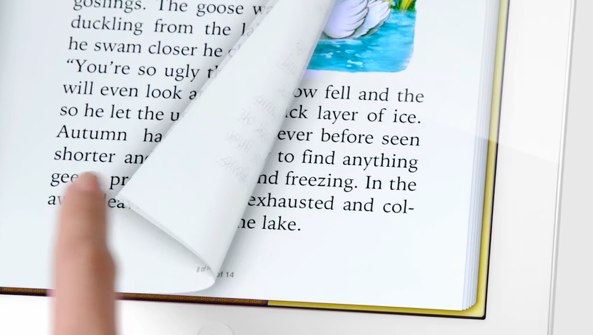In another twist to the e-book case involving Apple and five major book publishers, the United States Department of Justice (DoJ) on Friday said Apple and publishers have “banded together once again,” arguing strict regulation is necessary. Apple of course argued a stay. The government may be attempting to gain leverage here by accusing (again) Apple of conspiring with publishers ahead of today’s decision on punishment in the e-book antitrust case…
Apple on its part is questioning credibility of Google and Amazon witnesses.
The company warns that the court “disregarded serious credibility issues with the Google and Amazon witnesses” and is asking for “more evidence of Amazon’s pricing algorithms”.
According to GigaOM:
Apple requested a stay on all court proceedings until it appeals the court’s finding last month that it was guilty of conspiring with book publishers to set ebook prices.
For that appeal, it proposed a jury trial over a year from now, in October 2014. The DOJ had proposed that this trial take place in April 2014.
The DOJ, not surprisingly, disagrees with the stay.
After Apple was found guilty last month of conspiring with five major book publishers to raise e-book prices, DoJ offered a settlement that involves complete restructuring of Apple’s agency business model. Apple balked at the government’s offer and called the proposal a “draconian and punitive intrusion” into its business.
Soon after, five book publishers who previously settled with the government filed an objection with the court on Apple’s behalf, arguing DoJ’s proposal would violate their settlement agreements they had before the trial began.
Apple is set to face three major legal showdowns later today: in addition to the e-book case, the ITC should rule on a sales ban based on four Apple patents the South Korean conglomerate violated.
Moreover, the U.S. Circuit Court of Appeals for the District of Columbia is scheduled to review a $1 billion ruling against Samsung and discuss Apple’s declined request for a permanent injunction.
